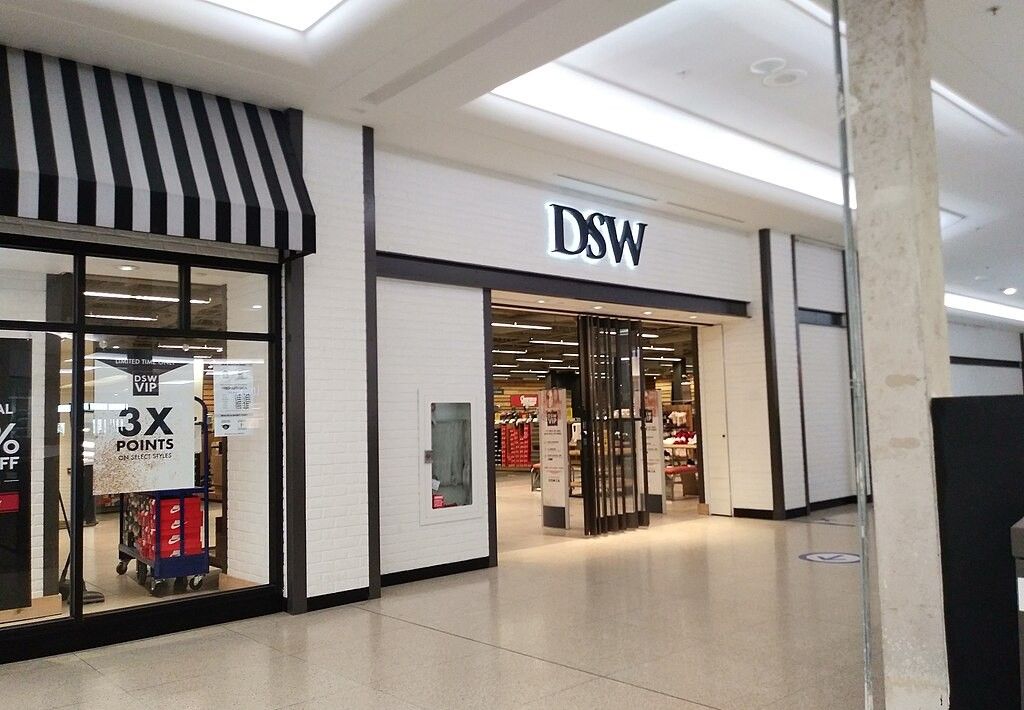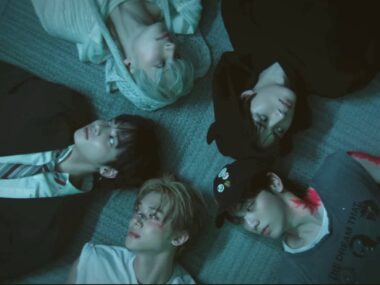Designer Shoe Warehouse (DSW) has filed a federal lawsuit against three of the biggest music labels in the world. They’re going after Universal Music Group (UMG), Sony Music, and BMG over whether businesses are allowed to use copyrighted music in their promotional posts without paying extra licensing fees.
Why Is DSW Suing?
In its filing with the U.S. District Court for the Southern District of Ohio, DSW is seeking protection from what it sees as “double-dipping” by the music industry. In other words, they feel labels are forcing brands to pay for synchronization licenses. This is on top of the blanket licensing agreements labels have with platforms like TikTok and Instagram.
This lawsuit follows a string of escalating legal tensions. Earlier this year, Warner Music Group filed its own lawsuit against DSW, alleging the show chain had used unlicensed songs from artists like Taylor Swift and Cardi B in their social media posts. Afterwards, Sony and UMG sent settlement demand letters regarding those same unlicensed tracks. DSW says this is a common tactic where companies are pressured into settling to avoid litigation.
The Fine Print
DSW’s argument is that the terms of service for TikTok and Instagram don’t clearly distinguish between business and personal accounts when it comes to music use. So from DSW’s perspective, its promotional posts were fully covered under the platform-wide licenses these platforms already have with the labels.
But there’s a catch and it’s one the labels will probably emphasize in court.
TikTok explicitly states that their terms of service only applies to “private, non-commercial use” unless a company has secured additional rights. Meta (Instagram’s parent company) flat-out prohibits commercial use of music without the appropriate licenses.
That’s why companies have to pay synchronization licenses. These are separate deals that companies must obtain when using copyrighted music in content meant to market a product or boost brand visibility.
From the industry’s perspective, music is a premium asset. If a brand wants to use it to sell their products, it needs to pay up.
Is it Greed or Fair Compensation?
You could argue there’s some irony in labels demanding extra money from businesses whose use of their music serves as free marketing. When a trending TikTok uses a new song, it often results in spikes in streams, some new fans, and maybe even a boost in ticket sales.
In that light, DSW’s frustration feels warranted. The company is pulling from the same music library that millions of individual users and influencers tap into daily. And yet, it’s being told to pay more. The question is whether the courts will buy that argument.
What Happens If DSW Wins?
If DSW wins this lawsuit (and music labels lose an appeal), the ruling could set a game-changing precedent.
A victory could establish that businesses have the right to use music in their promotional content on social media without needing to pay additional sync fees. At least under current terms. That would lower the cost and legal risks of branded content on social media and open the door to more creative, music-driven campaigns from businesses large and small.
It could also pressure platforms and labels to renegotiate their existing agreements to be more business-friendly. It could expand licensing to explicitly include commercial uses by brands.
Just as importantly, it could discourage what DSW describes as “opportunistic” enforcement. Music labels would be prohibited from demanding additional payment or threatening lawsuits over content that’s already live.
If the court sides with the music labels, the status quo will remain the same. A loss would reinforce the idea that business use is categorically different from personal content.
The Bigger Picture
This case highlights the growing tension between traditional copyright law and the reality of digital content creation. Social media moves fast, and businesses are trying to keep up by producing more dynamic, engaging content. Music that’s trending or made by popular artists increases visibility and appeals to potential customers due to its familiarity.
Companies operate in a gray area, unsure whether their next TikTok will be a marketing win or a legal liability. Whether DSW wins their lawsuit or loses, the case will likely push that gray area into the limelight.
At the heart of DSW’s lawsuit is what should be a simple question. If a business uses music that’s available on social media, should they still have to pay more? The answer could shape the future of music licensing and online marketing in this algorithm-driven age we’re living in.






